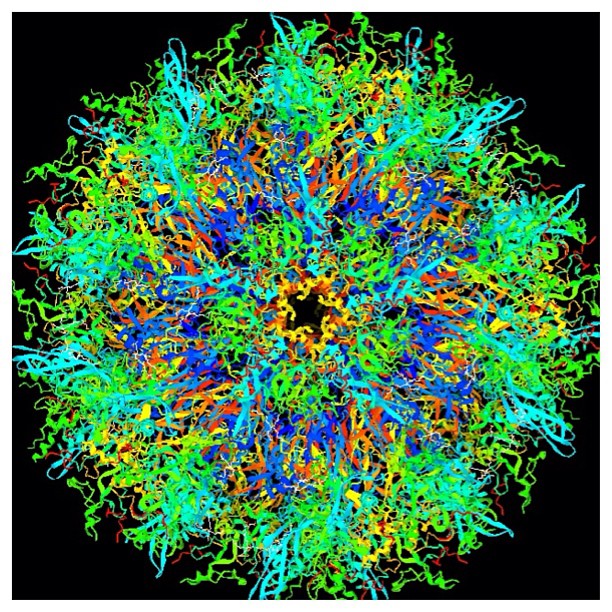An interesting article appears in the 2019 edition of the Journal of Oral and Maxillofacial Surgery titled “Do Third Molars Contribute to Systemic Inflammation? Results From a Population-Based Study From Northeast Germany,” written by Kindler et al. The article investigates whether having wisdom teeth present plays a role on serum levels of inflammatory parameters and inflammatory messenger peptide hormones.
In the article the authors used a study population of 2,333 patients from the northeastern region of Germany (Study of Health in Pomerania- SHIP 2) and also a different cohort of 4,420 patients from the same the region of Germany (SHIP-Trend). The authors pooled the data into 6,753 patients and found 2,484 of these patients had data on wisdom teeth. From the 2,484 patients only 2,151 patients had data on at least one inflammatory marker.

The authors found that impacted wisdom teeth were more often observed in males than in females. The median serum levels of leptin and angiopoietin-2 (Ang-2) were lower in patients without wisdom teeth than those with wisdom teeth. The median serum levels of insulin-like growth factor 1 (IGF-1) and IGF binding protein-3 (IGF-BP3) were highest in those with wisdom teeth. The authors performed a linear regression that adjusted for several factors and found that there were no relevant associations between wisdom teeth and inflammatory or lipid markers that indicated systemic inflammation. Furthermore, those with erupted wisdom teeth had lower serum levels of leptin, Ang-2, glycated hemoglobin (HbA1c), and ratio of angiopoietin-2 to tyrosine kinase with immunoglobulin-like loop epidermal growth factor homology domain 2 (Ang-2/TIE) ratio than those without wisdom teeth. The authors state
“Neither erupted nor impacted third molars [wisdom teeth] were associated with signs of a systemic inflammation in the general population…In contrast to previous studies, no relevant association between third molar [wisdom teeth] status and inflammatory markers was found…”
It is noteworthy that magnetic resonance imaging (MRI) was used in this study to classify between partially erupted and impacted wisdom teeth based on the Pell and Gregory classification. Further the serum levels were taken from blood samples after the patients had not ate anything in several hours. The authors say that it is possible that some wisdom teeth were classified as to their impaction or eruption status. The fact that the authors found leptin to be present at lower levels in patients with wisdom teeth compared to those without was an unexpected result. Leptin acts to suppress appetite and food consumption and helps maintain a healthy body weight. However the authors speculate that leptin acts as an modulator of dental stem cells and also an effect on promoting cemento-blastic and odontoblastic differentiation. Thus impaction or eruption of wisdom teeth may be linked with leptin serum levels a negative feedback mechanism. The authors were not able to come up with an feasible explanation as to why angiopoietin-2 serum levels were lower in patients with wisdom teeth than without as angiopoietin-2 regulates inflammation in systemic inflammatory disorders. It is worthwhile to note that only 759 of the 2,154 patients had data on leptin and only 1,443 of the 2,154 patients had data on angiopoietin-2 .
